A lady was smiling on the train the other morning. If you have caught a peak hour train in Melbourne recently you would know that this is not a common occurrence. Connex makes it difficult to smile.
The woman was reading. With six more stations before my stop I pondered this. What made the woman smile?

On the platform, reading by moriza, 2006 Creative Commons Copyleft Licence
That's the thing about reading - it's personal. Although there are a lot of forms of communication that are as personal, reading is quite unique. The message is conveyed silently, without anyone else being able to receive the same message at the same time. It's not broadcast.
Reading gives the reader control. The reader decides upon the speed, the time of reading and the amount. I think this sort of control allows for a reader to form a bond with a book. Think about how we describe the act of reading: 'We curl up with a good book.' The phrase has connotations of intimacy.

Reading Time by adwriter, 2006 Creative Commons Licence
So why was the lady smiling? Perhaps what she was reading was funny. That would be the simplest answer. But I think it was probably more than that. Often when I am reading good literature, I am reminded of things I had forgotten. In a fashion akin to deja vu, an old feeling is rekindled. The essence of an emotion is distilled in a way that makes it recognisable in a most specific way. At that moment of recognition we smile. We see ourselves reflected in the book.
In many ways books are mirrors. Sometimes we may even see aspects of ourselves that do not make us smile but it is through these instances that connections are made and the book becomes more than just a collection of pages.
So if good books often reflect aspects of the reader, where do we stand with fantasy?
I have quite a clear view on this. Fantasy should, in my humble opinion, reveal as much about humanity as any other book. In fact, it has the potential to reveal more as it is not shackled to conventions that may restrict the exploration. Fantasy allows us to explore what ifs? What if I had the power to change things? What if I had the resources at my command to punish, avenge, alter, influence...
In some ways, this is what I have tried to do in Akin to Pity - explore the human condition by placing my characters in extraordinary situations. It is my hope that as people read the book, they consider themselves, imagine what they would do if placed in a comparable position? Akin to Pity focuses a lot more on the characters than What Lies Beneath. Whereas the first book had a fair amount of back-story to detail as it set up the premise of the story, Akin to Pity has the luxury of peeling back the skin of each character to reveal what lies beneath (forgive the gratuitous pun).
It is no coincidence that the title has an emotion as its focus. Akin to Pity is a much more emotional book. Over the past year, I have come to know these characters intimately, and when some of them met an unsavoury end, I felt it. It is my hope that my readers also feel the book acutely, in times of triumph as well as sadness .
I'll end this post with some happy news. After six months of feeling totally disenfranchised by Lulu.com as a result of their disgraceful shipping charges, I am pleased to say that things have now changed. I just ordered five copies of my first book at a paltry shipping cost of (US)$11.99 in total. So now, I feel motivated to put the final coat of polish on Akin to Pity and unleash it upon the world. There are still quite a few corrections to be made which have been uncovered by my editors (i.e. family) so I'll spend a couple of weeks sorting through these and then release it (hopefully in time for an Australian summertime read). Sorry it's taken so long, but - to be brutally honest - Lulu's shipping prices sapped me of any motivation to finish the drafting process. Now that problem has been attended to (and the exchange rate is good) I'm keen to wrap this project up and put a big bow on it. That seems the thing to do at Christmas time.







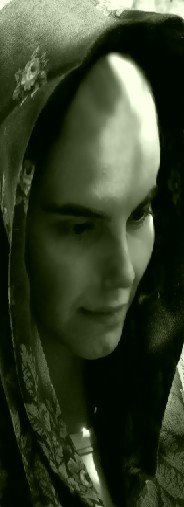
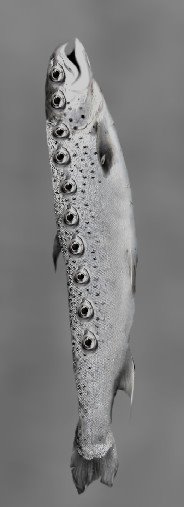









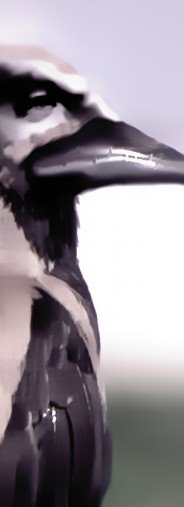







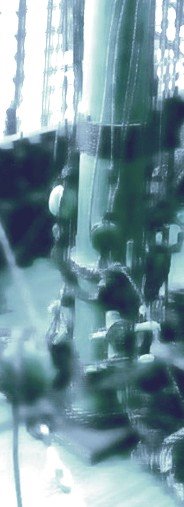









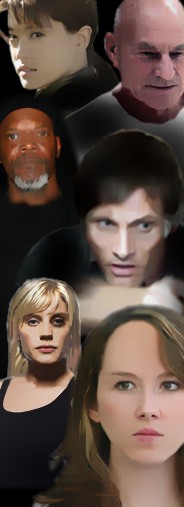


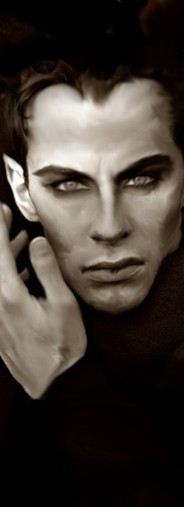











No comments:
Post a Comment